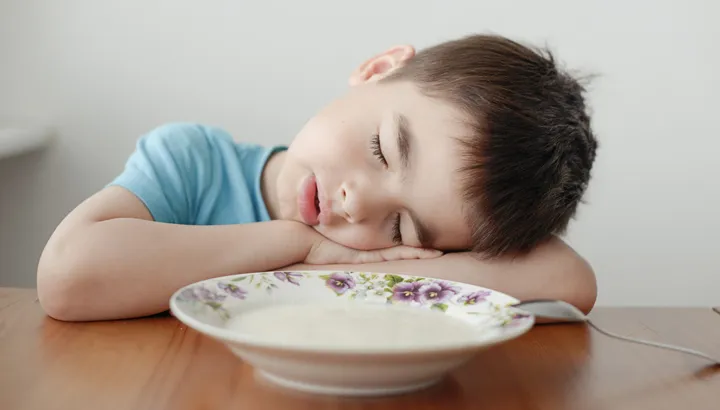
- Share on Facebook38
- Share on Pinterest
- Share on Twitter
It’s summer vacation! For kids, this means a solid three-month break from classes, homework and after-school activities. For parents, it may mean trying to fill the time with things to do. Many parents see summer as an opportunity to sign their kids up for a bunch of fun activities. After all, you don’t want the kids getting bored, do you?
While parents often have the absolute best intentions when signing their kids up for dance classes, music lessons, swimming camps, summer sports leagues and more, going overboard may actually have negative repercussions. There is such a thing as activity overload.
If your child doesn’t have a break from activities now and then, it may lead to stress. Just like adults need downtime from the hustle and bustle of daily life, so do kids. You may think that summer activities won’t be stressful, since the activities are all fun in nature, but for many kids, a packed schedule is frazzling.

Prolonged stress can lead to all sorts of negative health consequences — both physical and mental — and parents certainly don’t want that for their children. For the sake of their health and sanity (and yours), make sure there is breathing room between activities. This goes for summer vacation and during the school year as well.
On top of the stress factor, some psychologists say that when kids do not have time to “be bored,” they do not get a chance to engage their creativity and discover their own interests. According to Lyn Fry, a child psychologist based in London:
“Your role as a parent is to prepare children to take their place in society. Being an adult means occupying yourself and filling up your leisure time in a way that will make you happy. If parents spend all their time filling up their child’s spare time, then the child’s never going to learn to do this for themselves.”
Regarding the subject of boredom, usually perceived as a negative state of being, Fry adds:
“There’s no problem with being bored… I think children need to learn how to be bored in order to motivate themselves to get things done. Being bored is a way to make children self-reliant.”
Fry isn’t the only psychologist who feels this way. In his 1993 book, On Kissing, Tickling, and Being Bored: Psychoanalytic Essays on the Unexamined Life, psychoanalyst Adam Phillips wrote:
“It is one of the most oppressive demands of adults that the child should be interested, rather than take time to find what interests him. Boredom is integral to the process of taking one’s time.”
While there’s nothing wrong with scheduling activities for your child, keep it at a minimum. You should especially scale back the schedule if your child seems stressed, tense or tired. Children learn a lot from classes and camps, but make sure it is something that they enjoy, rather than something they are suffering through, or don’t have the energy for. Talk to your kids about what they would like to do during the summer. Assumptions often lead to missteps, even when the best intentions are involved.
If your children complain that they are bored during the summer, let them be bored! Of course, spending family time together is excellent: this could be family time being “bored” together, as well as time doing fun family activities. However, when it’s time for kids to play on their own, encourage them to find things to do.

If they’re playing outside, they have plenty of nature to explore! If they’re indoors, provide them with some materials, like paper, stickers, crayons, books and dress-up clothes (for just a few suggestions), and watch their creativity grow!
— Tanya Rakhmilevich
- Share on Facebook38
- Share on Pinterest
- Share on Twitter

